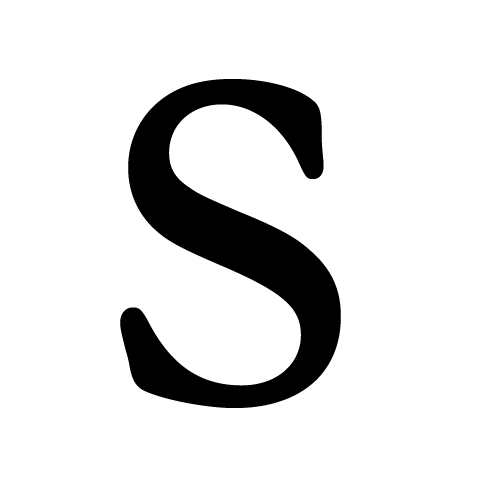'At Once Unjust and Absurd'
I’m proud to have at least once been mistaken for a Jew. This happened more than a decade ago. The particulars are fuzzy and I don’t care to look it up but something I had written spurred a reader to carry on at great length about my “pro-Jew” propensities and my love of Israel. So far, so good. Both accusations are correct. Then he used a phrase like “Jews like you,” and he was off and running. I had been reclassified and it felt good.
The internet is a sewer. We all know that. The basest human urges, emboldened by anonymity, thrive here like mushrooms in a damp basement. I’m accustomed to stupid, vicious and narcissistic comments and emails. You don’t respond to them, you don’t argue. You hit “delete.”
So, I’m not naïve or uninformed. I could spend hours talking to you about the Dreyfus case, George Lincoln Rockwell or the murderous, fraudulent Protocols of the Elders of Zion. A Jewish reader of this blog put it together for me on Friday when he wrote: “What’s happening in this country, Patrick? The Democrats have abandoned the Jews. A perfect storm of right-wing, left-wing and Muslim anti-Semitism is brewing.” He was reacting to the “newly minted superstar freshman anti-Semite” in Congress, as described by John Podhoretz. It shouldn’t surprise us that such libels are mouthed openly by politicians, from the Left or the Right, and that their colleagues, without shame, defend them. No one expects intelligence or moral rectitude out of politicians. Frederic Raphael writes in the provocatively titled The Necessity of Anti-Semitism (Carcanet, 1997):
“Anti-Semitism is not a serious issue because certain people are, or used to be, excluded from golf clubs. In more solemn form, however, it belongs to a persistent way of conceiving of the world, and even of imaging the universe, which is at once unjust and absurd. What then is to be done? Anti-Semitism cannot be banned and yet, it seems, it would be grotesque not to challenge it. It is grotesque and it can be challenged, but not by proscription. Neither the virtues of the Jews nor the barbarities of their persecutors will render anti-Semitism unthinkable or even, to perverted minds, delectable.”
Raphael adds: “We need not scan the stars to divine why men are shits, bullies, murderers and thieves.” That’s human nature. But it’s also within our nature to defy such idiocy and hatred. We can refuse to accept it. John Berryman wrote a little-read short story titled “The Imaginary Jew.” The title character begins as an innocent, puzzled by the casual anti-Semitism of his university classmates. After a late-night political argument in Union Square, during which he is accused of being a Jew (“Are you cut?”), this non-Jew, in an act of imaginative solidarity, accepts his “Jewish” identity. Here is the story’s final paragraph:
“In the days following, as my resentment died, I saw that I had not been a victim altogether unjustly. My persecutors were right: I was a Jew. The imaginary Jew I was was as real as the imaginary Jew hunted down, on other nights and days, is a real Jew. Every murderer strikes the mirror, the lash of the torturer falls on the mirror and cuts the real image, and the real and the imaginary blood flow down together.”
 Some people are built to break. Others know how to collect the pieces and rebuild. Often I exist in the space between the two.
Some people are built to break. Others know how to collect the pieces and rebuild. Often I exist in the space between the two.
 Some people are built to break. Others know how to collect the pieces and rebuild. Often I exist in the space between the two.
Some people are built to break. Others know how to collect the pieces and rebuild. Often I exist in the space between the two.
Last year, I deleted Facebook. A few weeks ago, I retired my Instagram account. Recently, I deleted my Twitter account, where I had nearly 6,000 followers. Peers are apoplectic because who deletes their social media? Friends wonder how I’ll keep up with them, and more importantly, what will I do without Facebook alerting me of their birthdays? Apparently, these are very important questions. The questions of our time.
A friend tells me I’ve isolated myself—what she doesn’t understand is that the act of removing the social burdens we bear is fucking liberating.
Maybe we should ask ourselves: When did we become lazy in our relationships? When did we start relying on platforms that own our information to do the work of conversation and connection? When did it become abnormal to not have a social media presence?